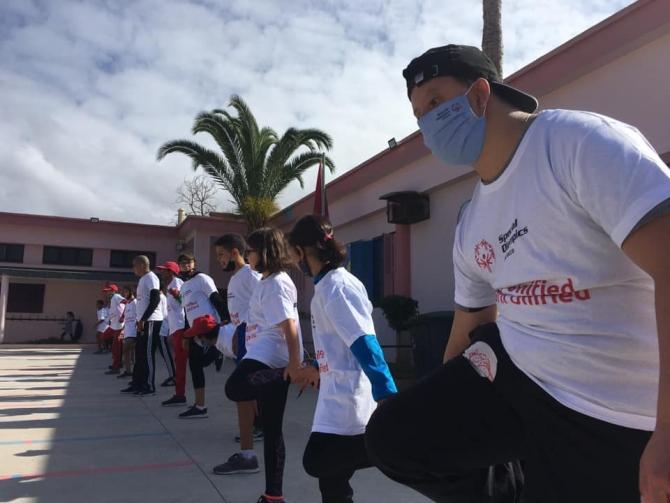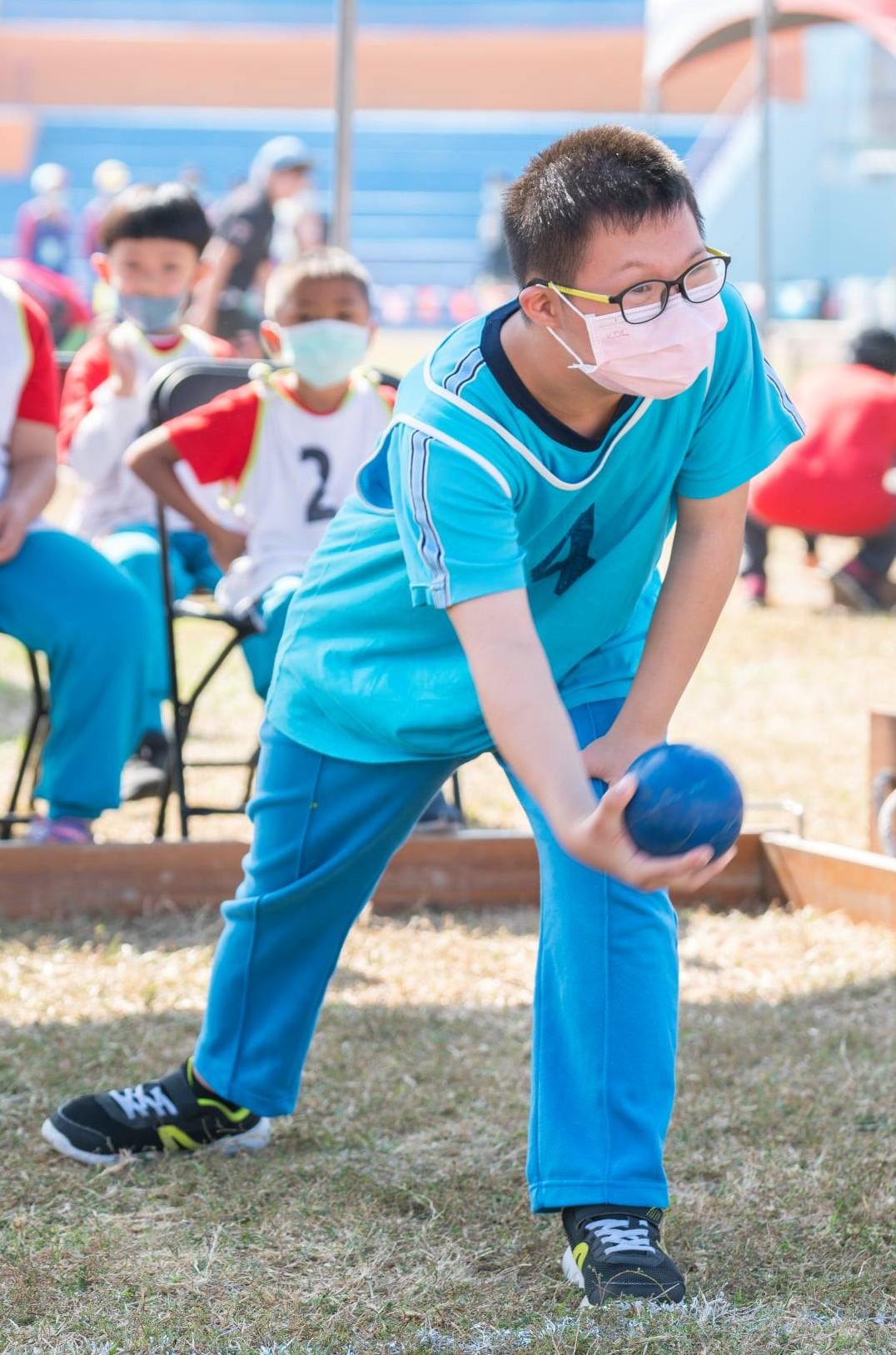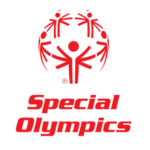To “Build Back Better” in Education, Focus on Building Inclusive Social Infrastructure

IMAGE: Children at a school in Morocco participate in a program with Special Olympics, as part of the "Play Unified, Learn Unified" project, supported by the Stavros Niarchos Foundation.
School closures during COVID-19 have impacted the learning and social emotional well-being of a generation of students. According to UNESCO, 192 countries implemented some sort of school closure over the past year, affecting over 90% of learners worldwide at some point during the pandemic. The consequences will be immense and long lasting.
COVID-19 is unlike other natural disasters in that it has left schools’ physical infrastructure largely intact. What it has devastated most has been schools’ social infrastructure. Different from other natural disasters, there is little visible rubble or wreckage, but the intricate webs of social interactions and relationships that learning communities are made of have been shattered. As we reconstruct school communities, now is our moment to make this social infrastructure more responsive to the needs of all students. We can build back better, especially for those historically marginalized.
For learners with disabilities, as well as their families and educators, the fault lines in these social foundations were obvious long before this pandemic. The current crisis has not only fixed a spotlight that exposes these cracks to the wider society, it has also widened them. Even prior to COVID-19, students with disabilities were among the most excluded in education systems. Throughout the crisis, they have been poorly served by distance learning alternatives and fallen further behind.
Before “social distancing” was a common phrase, it was the reality for many learners with disabilities, who were often excluded from their peers and communities. Prior to COVID-19, studies suggest that at least half of the 65 million school-age children with disabilities worldwide were out of school. For those students with disabilities who have been able to access education, options were often limited to segregated 'special’ schools or residential institutions isolated from their peers without disabilities. Stigma and low expectations have driven this exclusion. The second-most cited barrier to education for children with disabilities, after lack of data, is poor attitudes towards disability. To build back better, more inclusive schools, we need leapfrog improvements in social infrastructure.
How do we build inclusive social infrastructure, especially in schools? For children and youth, social infrastructure is built through play and friendship. That’s why mental health experts are recommending that schools prioritize play and socialization after they reopen to support social and emotional wellbeing. But play and social activity can do more. Providing opportunities that make play inclusive of students with and without disabilities has also proven to be a powerful tool to overcoming negative attitudes and prejudices by developing inclusive mindsets and behaviors.
At Special Olympics, we have seen this in action in our Unified Champion Schools® (UCS) program. UCS is an evidence-based co-curricular program shown to break down barriers and change attitudes towards students with intellectual disabilities through inclusive sports, youth leadership development, and school-community engagement. Over a decade of evaluation in the U.S. and a growing body of evidence from countries in different regions of the world have shown that the program creates more inclusive school climates and has positive impacts on social emotional learning (SEL) skills in students both with and without intellectual disabilities. By giving students the opportunity to play together, empowering them to lead together, and engaging all the stakeholders in the school community, a social infrastructure is developed that enables inclusion to work.
As we re-envision what education will look like in a post-pandemic future, we have the opportunity to use meaningful and inclusive co-curricular activities to build the social infrastructure we need to achieve the vision of Sustainable Development Goal 4: Inclusive and Equitable Quality Education. We can adapt these solutions to fit the needs of particular cultures while working toward this shared goal. Mingyang and Kun, two Special Olympics youth leaders from China said it well, “We believe that inclusion is the trend, and we should adapt our ideas and actions to fit the needs for inclusion. Therefore, when we put our action plans into application, we should pay attention to local contexts in order to make our events more efficient and effective.”

IMAGE: A child participates in an event organized by the Special Olympics Chinese program in Taipei, Taiwan, as part of the "Play Unified, Learn Unified" project, supported by the Stavros Niarchos Foundation.
In the wake of all the hardship that has been endured over the past year, students of all abilities need social connection. By prioritizing inclusive activities, we can address their needs and social emotional wellbeing, as well as empower them to be agents of change in their reopened schools and world. As Carolina, a youth leader from Argentina said, “We need each other now more than ever. Youth Leaders are committing to inclusion and hope during a time of challenges and inspiration.” Education policymakers and practitioners must likewise commit to inclusion and building back better social infrastructure to make inclusive education a reality worldwide.
Meghan Hussey is Director, Global Development & Government Relations. In her role, Meghan is primarily responsible for developing partnerships in the government, global development, and research sectors to increase the impact and sustainability of Special Olympics’ work. Meghan is sibling of a Special Olympics athlete herself and grew up participating in Unified Sports, giving her a very personal connection to the Special Olympics Movement. Meghan also brings a background in international human rights to this role as well as several years of field experience with disability and international development in Africa, East Asia, and Europe. Prior to joining Special Olympics, Meghan researched education and transition programs for youth with autism and intellectual disabilities in China as a Fulbright student fellow. Her published research includes work on disability rights in China and South Africa. Meghan holds a BA in International Relations and Political Science from University of Pennsylvania and MSc in Global Health from Trinity College Dublin, where she was a Mitchell Scholar. She is based in Washington, DC.

